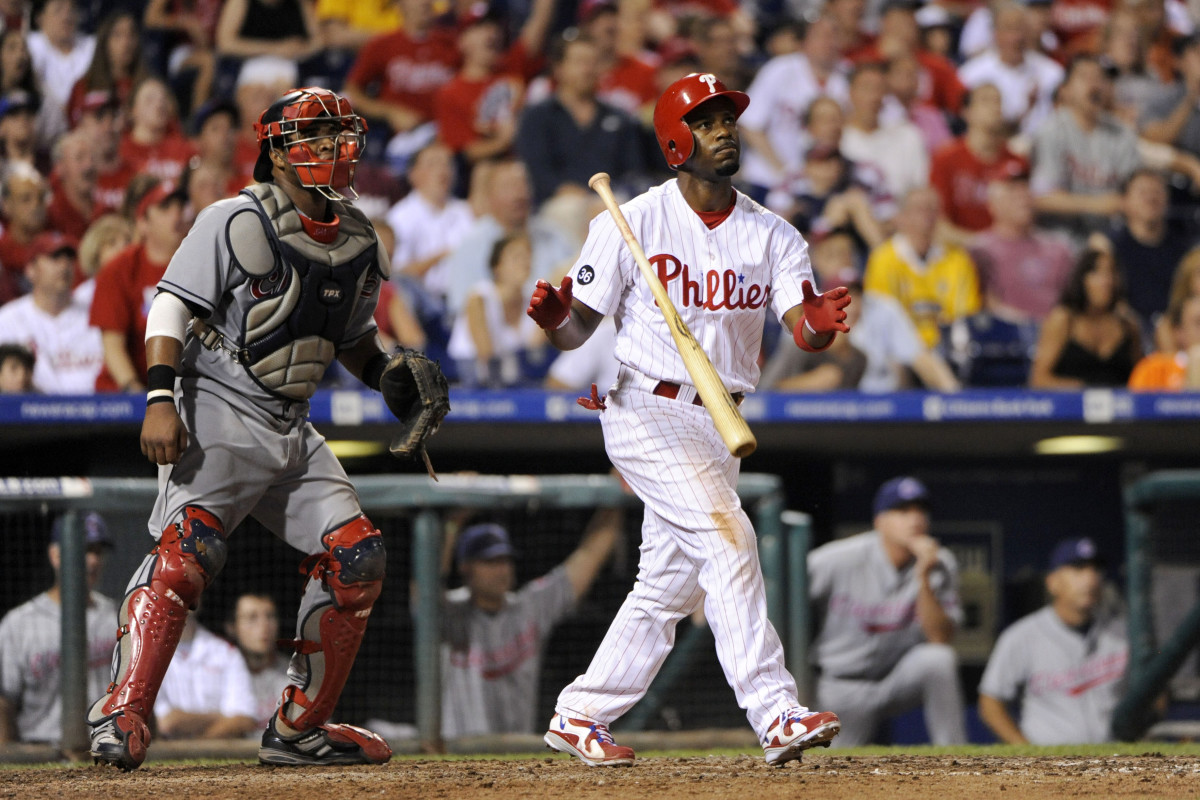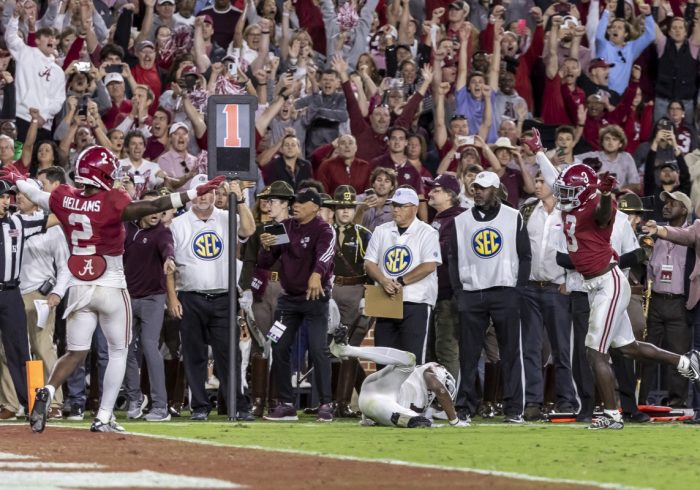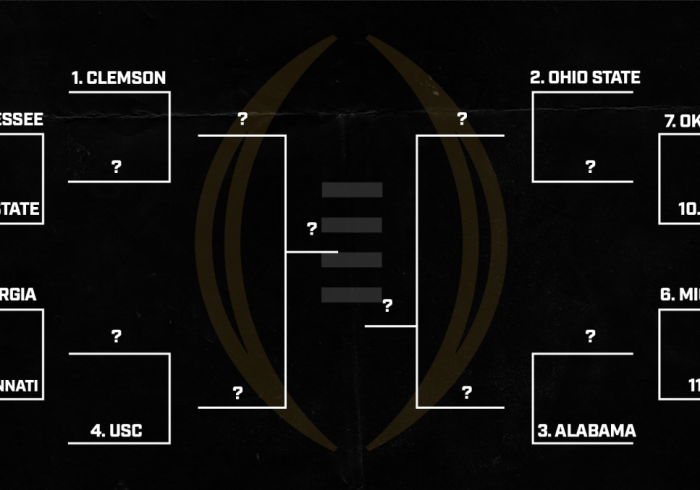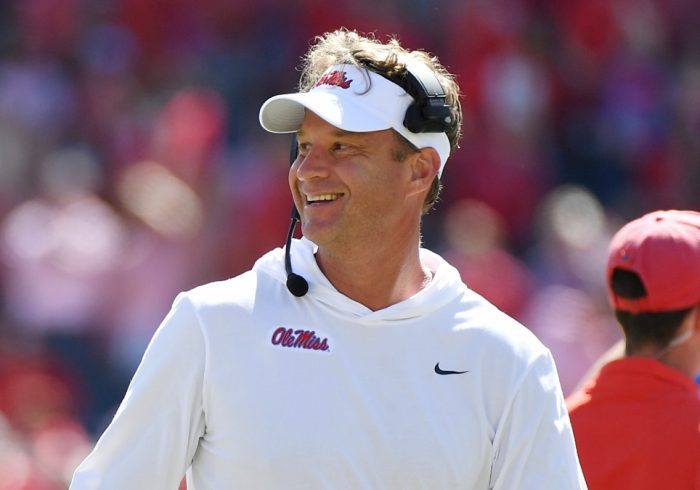Rollins hit 231 home runs and stole 470 bases in his career. Only four players had more homers and steals.
Howard Smith/USA TODAY Sports
Editors’ Note: This is an updated version of a story that was originally published on Dec. 17, 2021. It includes new information about Jimmy Rollins’s Hall of Fame case, as well as the voting results from last year’s election.
There are five shortstops on this year’s BBWAA Hall of Fame ballot. Only one of them has a compelling case.
It’s not Alex Rodriguez, who is eligible for the second time. He botched his chance to make it to Cooperstown when he was suspended in 2014 for 162 games (reduced from 211) for his use of performance-enhancing drugs. He also admitted to using PEDs from the ’01 to ’03 seasons, and it’s hard to believe those were the only years in which he was cheating. ARod received 34.5% of the vote in his debut election. (For context, Barry Bonds, whose alleged steroid use came before the league started testing players, debuted at 36.2%, back in ’13. Last year, the final election for which he was eligible on the writers’ ballot, Bonds climbed to 66%, which still left him 36 votes short of induction.)
It’s also not Omar Vizquel, whose support for the Hall has cratered since peaking at 52.6% in 2020, his third year of eligibility. Last year, he received just 23.9% of the vote. According to the ballot tracking data compiled by Ryan Thibodaux (@NotMrTibbs on Twitter) and his team, Vizquel lost votes from 80 writers who had previously voted for him, and picked up only five from returning voters. None of the 15 first-time voters who publicly released their ballots voted for Vizquel. As of this writing, Vizquel has appeared on five of the 62 ballots tracked (8.1%).
The main reasons for Vizquel’s waning support are off-the-field transgressions. Two years ago, The Athletic’s Katie Strang and Ken Rosenthal reported on the domestic abuse allegations against Vizquel, and then in August 2021 he was also sued for sexual harassment of a minor league batboy. That said, Vizquel’s career wasn’t worthy of induction anyway, especially given that advanced metrics indicate the 11-time Gold Glove winner’s defense was good, but not as good as we thought, and he was a below-average hitter for all but two seasons of his career.
Two other shortstops, Jhonny Peralta and J.J. Hardy, are in their first—and almost certainly their last—year of eligibility.
Jimmy Rollins is the only shortstop on this ballot I’d choose if I had a Hall of Fame vote. He debuted on the ballot last year and received 9.4% of the vote.
I don’t want to spend this entire time comparing him to Vizquel, because to reiterate, Vizquel did not have a Hall of Fame career. But, here’s a quick overview of how the two players stack up.
Rollins was by far the superior hitter and baserunner. Vizquel was the better fielder. Based on value, 17 seasons of Rollins was worth more than 24 of Vizquel. Now, let’s move on to Rollins’s case apart from Vizquel.
Rollins spent 15 of his 17 years in the league with the Phillies, including his brief 14-game debut in 2000. He was a core member of their dominant run from ’07 to ’11, and during that stretch, Philadelphia won five straight NL East titles, two NL pennants (’08, ’09) and the World Series (’08). A three-time All-Star, Rollins won the ’07 MVP Award, four Gold Gloves and a Silver Slugger.
The best way to view Rollins is in the context of his peers. Over his 14 full seasons in Philadelphia (2001 to ’14), he was the best shortstop in the National League and, quite possibly, in the majors.
Minimum 50% games played at SS
It’s worth noting that the careers of Rollins and his peers don’t exactly line up. For example, Derek Jeter won the AL Rookie of the Year in 1996, so while the Yankees icon was one of the game’s top shortstops from 2001 to ’14, the leaderboards for this span do not factor in his excellent first five seasons.
That said, if you want to widen this lens to cover the entire careers of players who debuted in the 15 years from 1995 to 2009 (a period that begins with baseball’s return after the ’94 strike), Rollins is still the best NL shortstop and second-best in MLB.
Minimum 50% games played at SS
Sorted by WAR, here are the top five players who made their MLB debuts from 1995 to 2009 and played at least 50% of their career games at shortstop.
So yeah, it’s Jeter and then everyone else. You could very easily argue that this era had only one HOF-caliber shortstop if you don’t count ARod, who debuted in 1994 and played only 1,272 of his 2,468 career games at the position. Rollins was the most well-rounded of the four remaining shortstops here, and in terms of longevity, he’s the most deserving. Troy Tulowitzki and Nomar Garciaparra likely would have been Hall of Famers had injuries not cut their careers short, but they don’t have the volume needed for the HOF, even if you tend to favor higher-peak players. Miguel Tejada, who was a better hitter than Rollins, was not as good defensively or on the bases, and that’s before you consider Tejeda’s 105-game suspension for PEDs in 2013, which effectively ended his career.
If Rollins isn’t a Hall of Famer, then who is the next HOF shortstop after Jeter? The five active leaders in WAR at the position are Carlos Correa (39.5), Andrelton Simmons (37.3), Francisco Lindor (36.6), Xander Bogaerts (34.9) and Marcus Semien (34.8). Let’s write off Simmons, a glove-first guy who doesn’t have the offensive numbers to get in, and Semien, who is going to spend the rest of his career as a primary second baseman and probably wouldn’t make it even if he were to stay at short. The other three are definitely on Hall of Fame tracks, but we’ve seen plenty of shortstops decline rapidly after getting off to excellent starts.
Bogaerts debuted in 2013, 18 years after Jeter. If Rollins doesn’t get in and Bogaerts does, that 18-year debut gap between Jeter and Bogaerts would be tied with Luis Aparicio (1956) and Robin Yount (’74). If the next one to make it is either Correa or Lindor, who each debuted in ’15, that would mean that MLB went two decades without producing a shortstop worthy of induction.
Another thing: Rollins spent his entire career as a shortstop. One of the reasons people vote for Vizquel is because of his longevity. While it’s true that Rollins didn’t play as long as Vizquel, he was still remarkably durable for someone at his position. He’s one of only 19 players in MLB history to have played at least 2,000 games at shortstop.
Many of the position’s best power hitters are moved elsewhere during the back half of their careers—either to keep them healthy or because they are no longer capable defenders—or they retire early because of injuries and/or a decline in production. Among the 19 players with at least 2,000 career games at shortstop, Rollins ranks third in home runs, behind Cal Ripken Jr. (431) and Jeter (260). Fourth and fifth on the list? Barry Larkin (198) and Alan Trammell (185), both Hall of Famers.
Here are some other things to know about Rollins’s career.
• He is one of 11 players, and the only shortstop, in MLB history to hit at least 200 home runs and steal more than 400 bases. His 81.74% stolen base rate is the best of the group.
• He hit 231 home runs and 470 stolen bases. Only four players had more homers and steals in their careers: Barry Bonds, Rickey Henderson, Joe Morgan and Paul Molitor.
• He is one of six primary shortstops with at least 800 career extra base hits. The other five are in the Hall of Fame.
• He is one of 13 players with at least 500 doubles, 100 triples and 200 home runs. Eleven of them are in the HOF.
• He is one of only four players to hit at least 30 doubles and 20 home runs and steal at least 30 bases in four different seasons.
• He is one of only two players to record at least 30 doubles, 20 triples and 30 homers in the same season. Hall of Fame first baseman Jim Bottomley also did it, 79 years earlier. Willie Mays is the only other player to hit 20 triples and 30 home runs in a season.
• He is one of the four members of the 20/20/20/20 club: meaning 20-plus doubles, triples, homers and steals in a season. He is the only player to do that while also tallying 200 hits.
Rollins won’t make the Hall of Fame this year. As of this writing, 62 writers have publicly released their ballots, with only six of them (9.7%) voting for Rollins, according to Thibodaux’s tracker. The good news is that some writers have already changed their minds about him. Three of those six votes have come from writers who did not include Rollins on their ballots last year. It’s a small sample, but if he continues to pick up three votes per every 62 publicly-released ballots, and roughly the same number of ballots become public this year as did in the last election cycle (321), Rollins is on pace to net 15 more votes. That would bring his support to 52 out of an estimated 396 total ballots cast, 13.1%—an increase of 3.7 percentage points.
Few players in MLB history combined for power and speed like Rollins, especially at shortstop. He belongs in the Hall of Fame, and hopefully enough writers eventually will vote for him to take his well-earned spot in Cooperstown.



